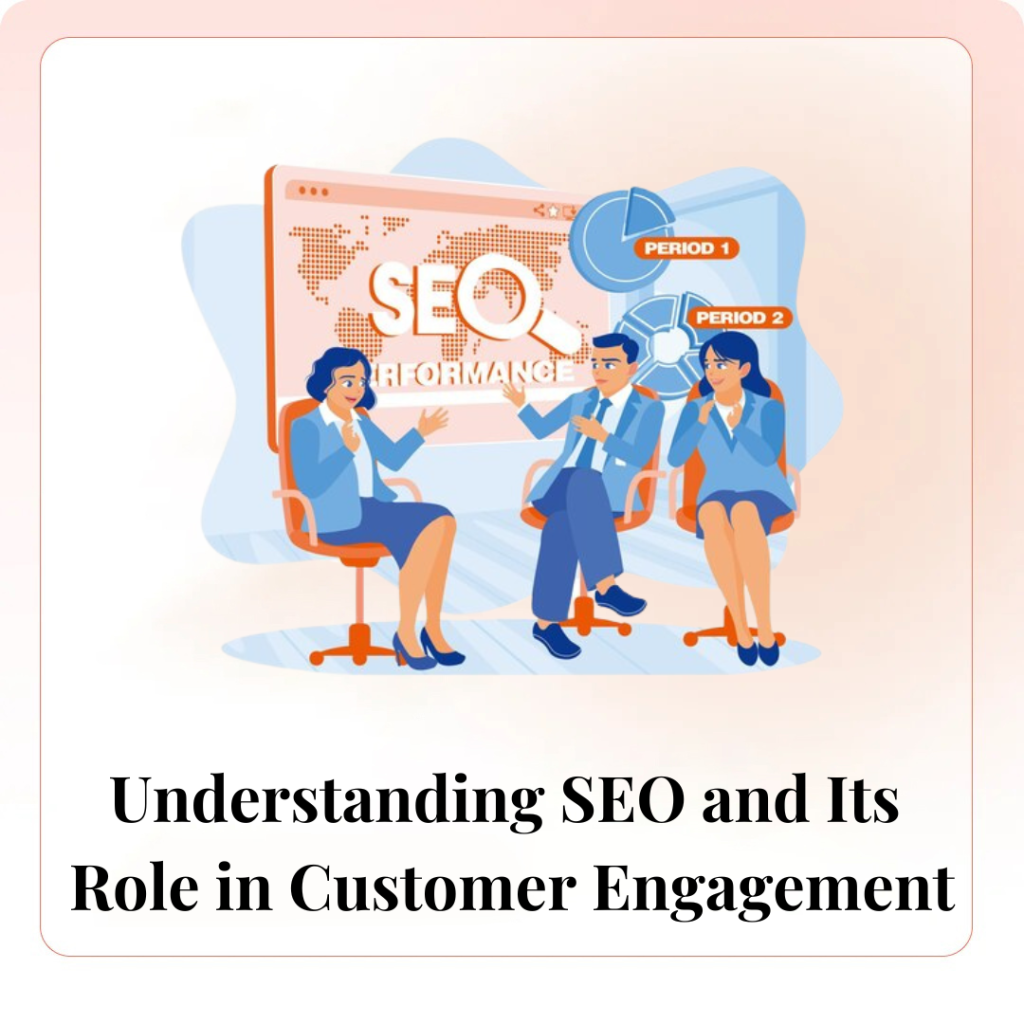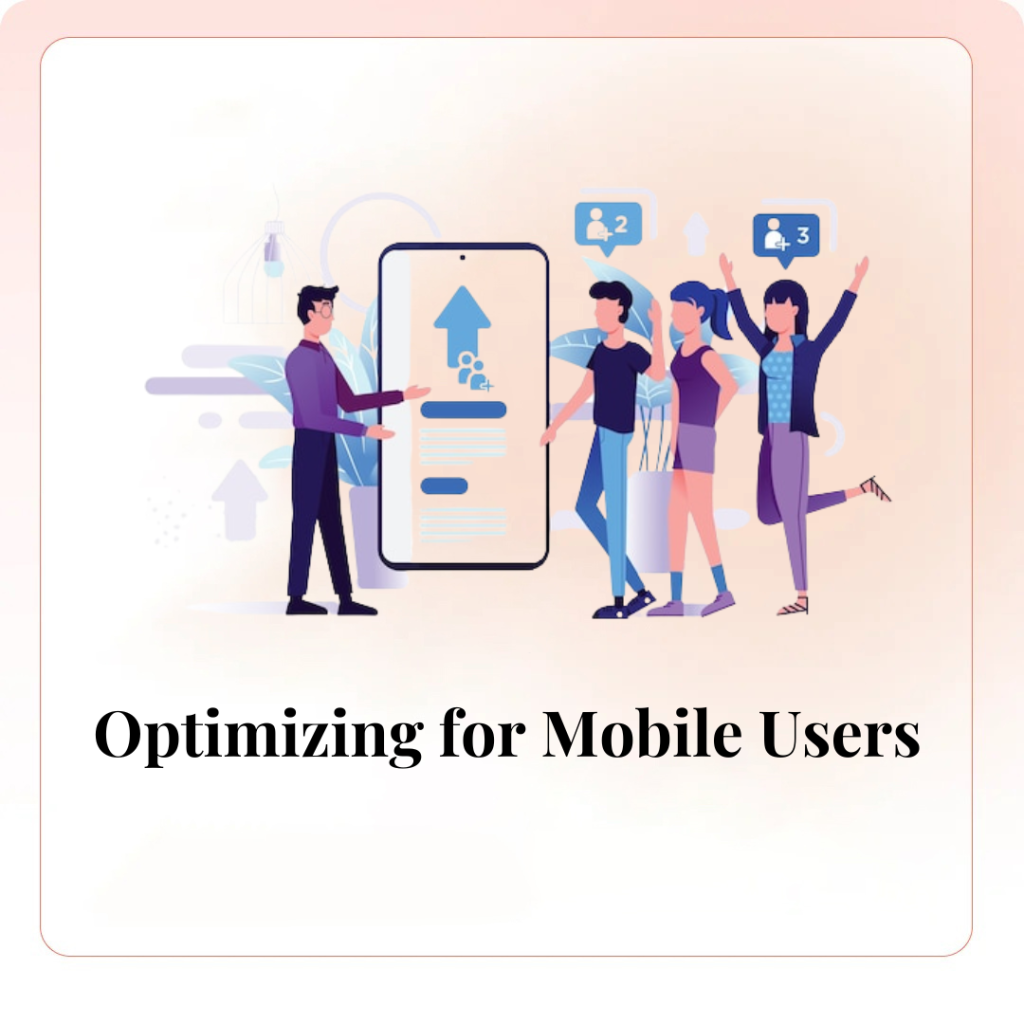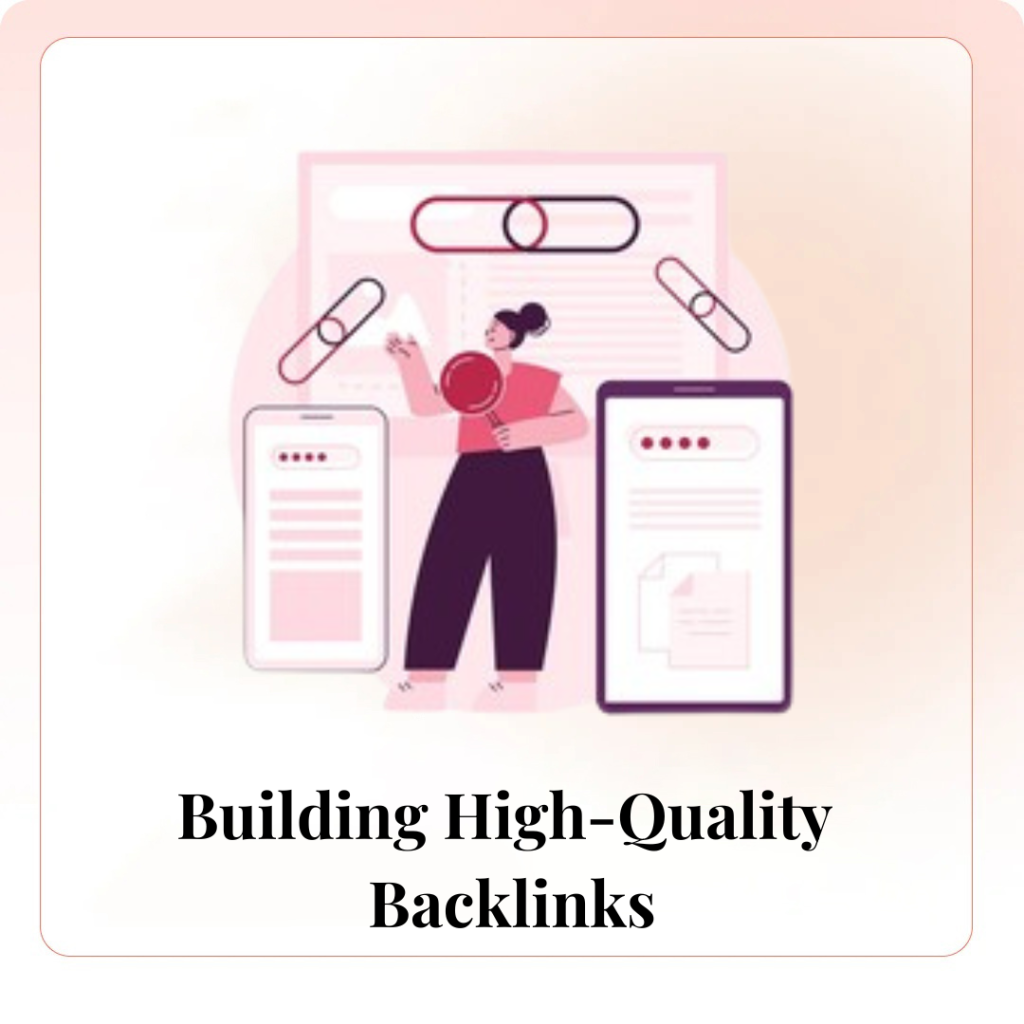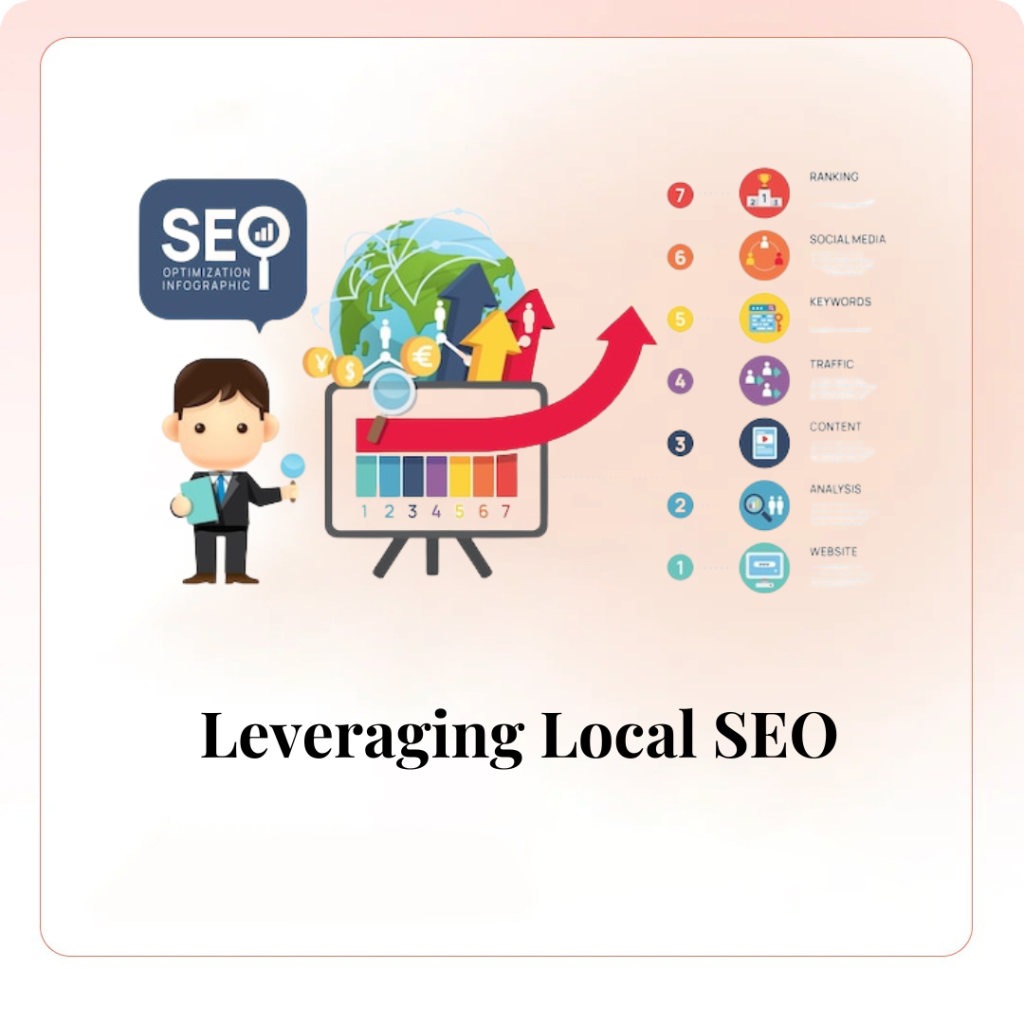In the highly competitive retail industry, engaging customers is crucial for driving sales and building brand loyalty. Search Engine Optimization (SEO) plays a vital role in enhancing customer engagement by improving your online visibility and attracting more organic traffic. This blog explores the importance of SEO for customer engagement in retail and outlines effective strategies and best practices.
1. Understanding SEO and Its Role in Customer Engagement
SEO involves optimizing your website to rank higher in search engine results pages (SERPs). For retail businesses, higher rankings mean increased visibility, more organic traffic, and greater opportunities to engage with potential customers. Effective SEO strategies help ensure that your website is easily found by users searching for products you offer, leading to higher engagement rates.

2. Conducting Thorough Keyword Research

Keyword research is the cornerstone of any successful SEO strategy. Identifying relevant keywords that your target audience is searching for allows you to optimize your website content accordingly. Key steps include:
- Keyword Analysis: Use tools like Google Keyword Planner, Ahrefs, or SEMrush to find high-volume, low-competition keywords related to your products.
- On-Page Optimization: Incorporate target keywords into your website’s title tags, meta descriptions, headings, and product descriptions.
- Long-Tail Keywords: Focus on long-tail keywords that are more specific and less competitive, attracting highly targeted traffic.
3. Creating Engaging and Relevant Content
Content is king in SEO. Creating valuable and engaging content helps attract and retain customers while improving your search engine rankings. Effective content strategies include:
- Product Descriptions: Write detailed and compelling product descriptions that highlight features, benefits, and unique selling points.
- Blog Posts: Publish informative blog posts that address common customer questions, provide shopping tips, and share industry news.
- Customer Reviews: Encourage customers to leave reviews and testimonials, which can enhance your site’s credibility and provide valuable content for other users.
- Visual Content: Use high-quality images, videos, and infographics to make your content more engaging and shareable.

4. Optimizing for Mobile Users

With the increasing use of smartphones for online shopping, optimizing your website for mobile users is essential. Google prioritizes mobile-friendly websites in search rankings, making mobile optimization a crucial aspect of SEO. Key considerations include:
- Responsive Design: Ensure your website has a responsive design that provides a seamless experience across all devices.
- Page Speed: Optimize your site’s loading speed to reduce bounce rates and improve user satisfaction.
- Mobile-Friendly Content: Create content that is easy to read and navigate on mobile devices, including shorter paragraphs, larger fonts, and touch-friendly buttons.
5. Building High-Quality Backlinks
Backlinks, or inbound links from other websites, are a critical component of SEO. They signal to search engines that your website is credible and authoritative. Strategies for building backlinks include:
- Guest Blogging: Write guest posts for reputable websites in the retail industry and include links back to your site.
- Influencer Partnerships: Collaborate with influencers to review your products and share their experiences with their audience.
- Press Releases: Distribute press releases about new product launches, company milestones, or industry awards to gain media coverage and backlinks.
- Content Sharing: Create valuable resources, such as buying guides or industry reports, that other websites will want to link to.

6. Leveraging Local SEO

For retail businesses with physical stores, local SEO is crucial for attracting nearby customers. Effective strategies include:
- Google My Business: Optimize your Google My Business listing with accurate information, high-quality images, and customer reviews.
- Local Keywords: Incorporate local keywords into your website content to improve visibility in local search results.
- Local Directories: Ensure your business is listed in relevant local directories and review sites.
Conclusion
SEO is a powerful tool for enhancing customer engagement in the retail industry. By optimizing your website for search engines, creating engaging content, building high-quality backlinks, optimizing for mobile users, leveraging local SEO, and utilizing social media, you can increase your brand’s visibility and credibility. Implement these strategies to boost customer engagement, drive sales, and achieve long-term success in the competitive retail landscape.

